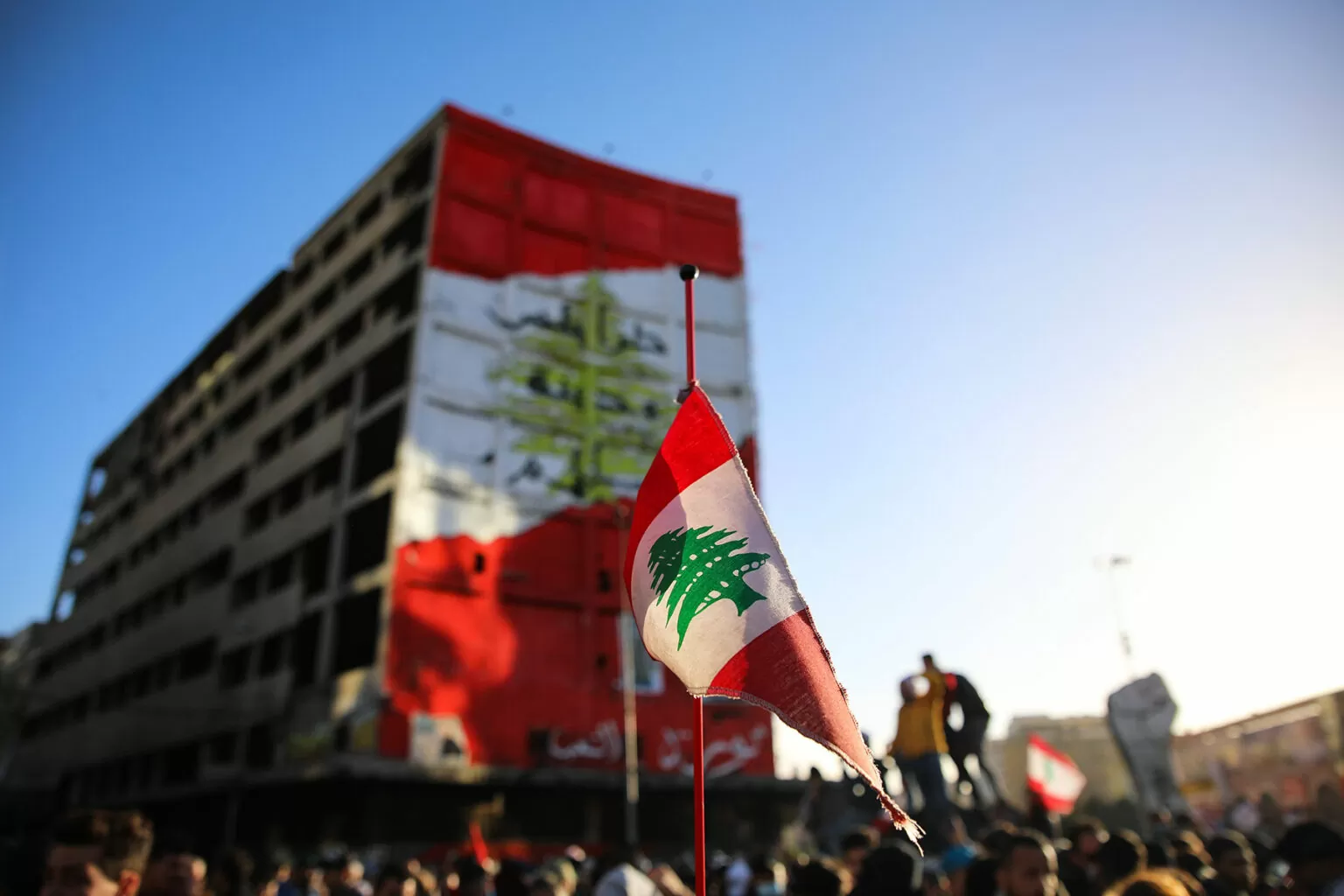Lebanon has faced a series of crises in the past two years, including an economic collapse, political unrest, and infrastructure issues.
The economic crisis in Lebanon began in the early 2010s but reached a breaking point in 2020 when the government imposed strict capital controls on banks. This led to widespread protests and calls for reform, as people were unable to access their own money and the value of the Lebanese currency, the lira, plummeted. The crisis was exacerbated by high levels of government debt, mismanagement, and widespread corruption.
The economic crisis sparked a wave of protests, which quickly grew to encompass a range of issues including corruption, lack of government services, and the lack of political representation. The protests were largely peaceful, but there were instances of violence and clashes with security forces. The protests also highlighted the deep sectarian divisions within the country and the need for political reform.
The political situation in Lebanon has been further complicated by the lack of a functioning government. The country has been without a president since October 2019 and attempts to form a new government have been stymied by political infighting and corruption. This has left the country without strong leadership to address its economic and other challenges.
In addition to the economic and political challenges, Lebanon has also struggled with infrastructure issues such as shortages of electricity and water. The country has a dilapidated and poorly maintained infrastructure, and these shortages have severely impacted daily life. The country has also struggled with a fuel crisis, with long lines at gas stations and gasoline and diesel shortages.
Despite these difficulties, there have been some positive developments in Lebanon over the past two years. In the field of sports, the Lebanese basketball team had a successful run in the 2022 Asian Games, winning a bronze medal. This was a source of pride for the country and a rare moment of joy in an otherwise difficult time. There have also been efforts by civil society groups and individuals to address some of the country’s challenges, including initiatives to provide assistance to those in need and to promote political reform.
Despite the many challenges facing Lebanon, there is a reason for hope for the future of Lebanon. The people of Lebanon have shown resilience and determination in the face of adversity, and there is a belief that they will be able to rise and work toward improving the country’s situation. It will not be an easy road, but with determination and the willingness to work together, there is reason to believe that Lebanon can overcome its current challenges and ensure that the future of Lebanon is brighter.
The challenges facing Lebanon are complex and will require the efforts of all sectors of society to address. This includes the government, civil society, the private sector, and the international community. It will also require a willingness to confront the deep-seated issues of corruption and political reform that have contributed to the country’s current crisis.
Image credit: https://www.fairobserver.com/



















